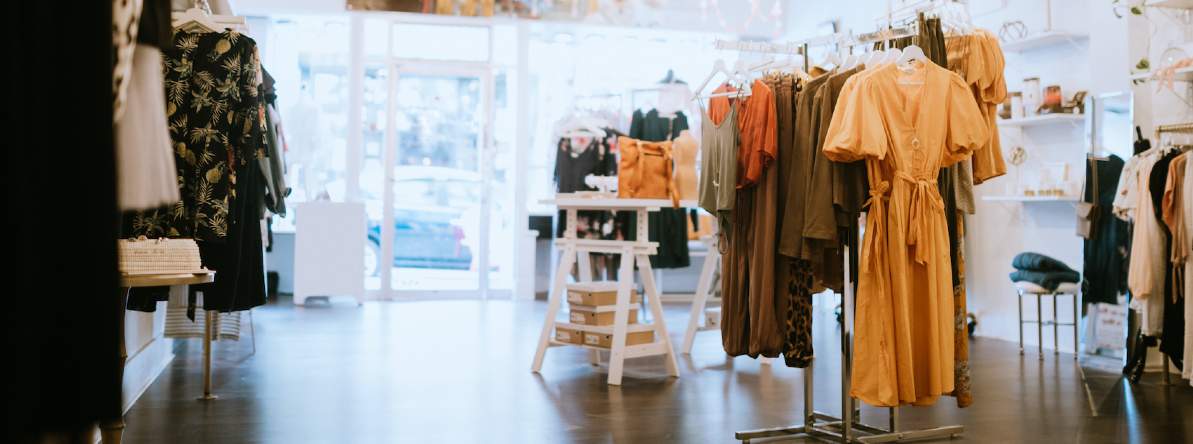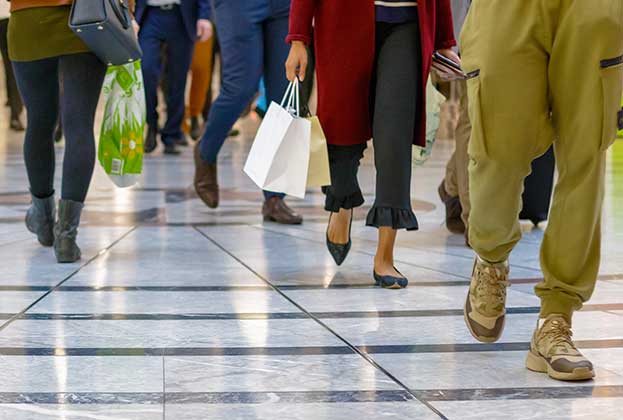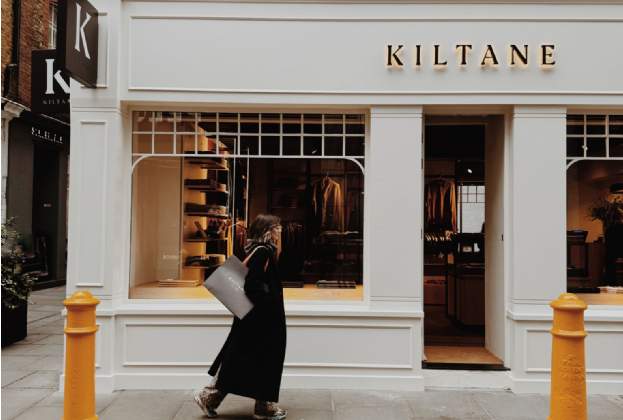Over recent years we have seen a notable increase in private equity (PE) ownership in the retail and leisure industry, with the likes of Lewis Trust Group purchasing Mint Velvet in 2019, Permira purchasing high-end trainer brand Golden Goose for €1.28 billion in February of this year and Inverleith LLP buying a majority stake in outdoor clothing brand Montane in March.
However, the recent crisis brought about by Covid-19, and the hugely significant impact that it is having on the industry, could mean that we may begin to see a flurry of these owners looking to dispose of brands, particularly as the current challenges facing retailers looks set to continue for the foreseeable future.
Prior to the onset of Covid-19, we were already beginning to see some of the private equity owned/backed brands looking to exit, as either investment targets had been met or the structural issues facing the retail sector, alongside the rising operational and occupational costs, were limiting growth prospects and therefore making longer holdings less attractive.
Due to the current crisis, this combination of factors, or ‘sell’ drivers, are now exacerbated even further with profits and margins being significantly hit due to store closures, and operational costs rising due to the implementation of social distancing measures for those stores that are able to remain open.
Just in the last few of weeks we have seen the PE owner of TM Lewin seek a new buyer for the business, as has the privately owned Office Shoes. As the crisis continues we expect this disposal activity to increase over the coming months, alongside business restructures.
As we witnessed with Cath Kidston, we may also begin to see a number of PE-owned brands that enter administration being bought out by their owners in a pre-pack deal that allows them to acquire the brand and any associated ecommerce platform, wholesale and franchise business but not the physical stores.
This effectively deleverages the owner from the significant occupational costs incurred by stores at a time when they are having to shut or trade at reduced capacity due to social distancing.
As we potentially begin to see an increase in this type of activity, understanding the ownership and debt position of brands is becoming vital. The structure of a retail or leisure business will no doubt shape decisions for potential buyers of these brands, as well as landlords, and at a time when so much within the industry remains uncertain, it can only be beneficial to gain a deeper understanding of the key operators in the sector.
Further information
Contact Savills High Street Retail

.jpg)







.jpg)
